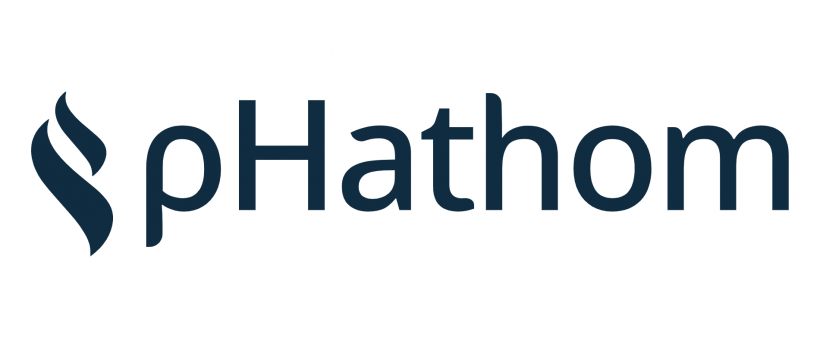Halifax-based Pocket Finance, which is developing an app that provides consumers and financial advisers with better data, will soon beta-test the product and anticipates a full launch by the fall.
Founder and CEO Sheldon Brow was driven to produce Pocket Finance after working for years in the financial service industry and witnessing “clients making $500,000 a year who were living paycheque to paycheque” because of poor cash flow management.
What Pocket Finance does is collate data on all the client’s financial products – from mortgage to insurance to car payments to paycheque to investments – and presents them in a single screen. It allows the financial adviser and client to jointly assess the client’s financial situation in its totality and receive alerts when situations change.
“We all have great tools at the macro level but when you leave the macro meetings and send them back out to the real world where they make all these micro decisions. . . . we see bad cash flow management,” said Brow in an interview. “I’ve seen people not taking advantage of meaningful changes because of the effort required to gather the data – people are overwhelmed and can’t be bothered to bring everything together.”
Here’s the problem that PocketFinance addresses: Almost all of us purchase financial products from different institutions, so we get statements separately or need to log into different websites to see our financial status. And it’s difficult to see our financial situation in its totality.
Pocket Finance is a desktop-based platform for financial advisers, who can suggest their clients use the accompanying mobile app, available on iOS or Android operating systems. Clients can link all their financial service statements into the single solution, so they and their financial advisers receive a clear understanding of their financial standing.
Pocket Finance also alerts both parties if something changes, such as a car loan being paid off. It means financial advisers can contact the client and initiate a discussion about using the extra cash to the best advantage.
“The streamlining of data is huge within itself, and a tool that nudges the adviser to have the conversation and make intelligent decisions makes it even better,” said Brow, who developed the product nights and weekends while working in financial services.
The solution now has encryption standards used by banks to protect clients’ data, and Brow hopes later versions will employ military-grade encryption.
A $25,000 winner at the most recent Volta Cohort pitching event, Brow has also raised $87,000 from family and friends and built up a team that includes three full-time employees. He hopes to close an equity funding round of $350,000 at the end of May.
PocketFinance is now completing an alpha test and will soon do a beta with at least one large financial adviser and maybe others. The beta-test should be wrapped up in May and Brow is planning a full launch in August.
Brow says his primary target market is the 290,000 financial advisers working at 665 brokerages in Canada and the U.S., who would serve as the prime distribution channel. He also believes there is a market in the 82 million millennials living in those countries.
The team has its sights set on greater functionality in later versions, so Pocket Finance can tell users how big a mortgage they can afford and suggest houses in their market that are in their price range. Brow also wants the app to help improve users’ financial literacy, and provide a data base of recommended financial advisers.
Adding that it should all be simple and intuitive, Brow said: “We’re living in an era where we can colonize Mars and clone sheep and we expect to be able to push a button and get things done.”








